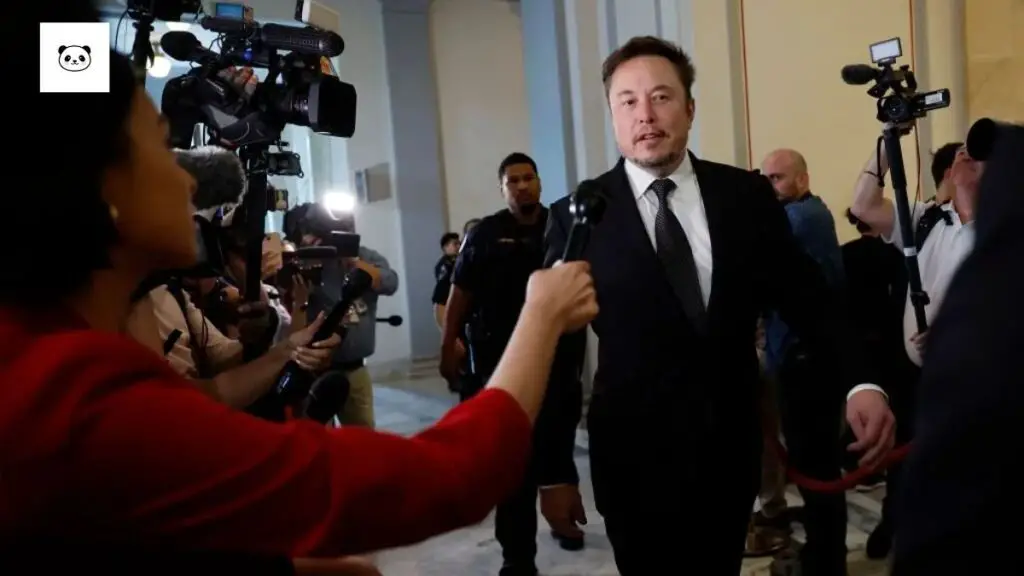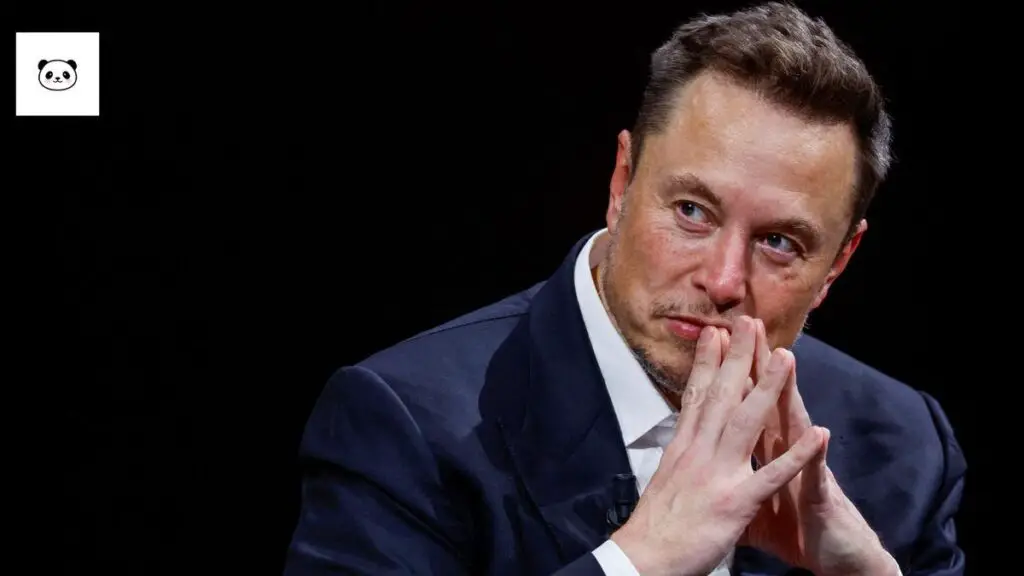In a turbulent weekend, Elon Musk, CEO of Tesla and X (formerly Twitter), faced severe backlash for a social media post that accused Jews of promoting hatred against whites, reviving dangerous claims linked to the 2018 Pittsburgh Tree of Life synagogue shooting. Musk’s controversial Antisemitic Post have led to an international firestorm, drawing condemnation from the White House and prompting major advertisers, including Apple, IBM, Disney, and Lions Gate Entertainment, to pull ads from X.
Background: Musk’s History with Controversial Statements
Elon Musk has a history of making provocative statements, including flirtations with white nationalism and amplification of claims regarding South Africa. However, this recent antisemitic post on X, amid heightened antisemitic incidents in the U.S. and online hate during the Israel-Hamas conflict, has triggered unprecedented repercussions.
The White House Condemns Musk’s Remark
White House spokesperson Andrew Bates publicly rebuked Musk, deeming the repetition of the antisemitic claim as “unacceptable.” The timing, occurring amidst record levels of antisemitic incidents and rising hate during the Israel-Hamas conflict, intensified the gravity of Musk’s statement.
Advertisers Boycott X in Protest
High-profile advertisers swiftly responded to Musk’s controversial post by pulling ads from X. Apple, IBM, Disney, and Lions Gate Entertainment are among the companies distancing themselves from Musk’s social media platform, reflecting the growing corporate impact of individual leaders’ statements.
Jewish Organizations Criticize Musk’s Role in X
Reports of increased antisemitic posts on X since Musk’s acquisition of the platform a year ago have drawn criticism from Jewish organizations. X CEO Linda Yaccarino emphasized the company’s efforts to combat antisemitism but faced scrutiny over the platform’s perceived failure to address the issue effectively.


Tesla Investors Express Concerns
Some Tesla investors warned that Musk’s statements could harm the Tesla brand. Jerry Braakman, president of First American Trust, called for Musk to be placed on leave, asserting that promoting antisemitism is unacceptable in the business world and questioning Musk’s social responsibility.
Public Outcry and Calls for Accountability
Financial advisor Kevin Paffrath urged accountability, stating that Musk “needs a babysitter” and should listen to guidance. The incident prompted discussions about the responsibilities of influential CEOs in maintaining a socially responsible image.
Musk’s Response and Clash with the Anti-Defamation League (ADL)
Musk’s posts included a response to a user promoting a conspiracy theory, to which Musk expressed agreement. He later criticized the Anti-Defamation League, alleging that its campaign against antisemitism on social media cost his company ad sales. The clash with the ADL escalated the controversy.
ADL CEO Jonathan Greenblatt’s Response
Jonathan Greenblatt, CEO of the Anti-Defamation League, emphasized the dangers of validating and promoting antisemitic theories, especially in a climate of surging antisemitism globally. The ADL’s campaign against antisemitism became a focal point in Musk’s feud with the organization.
Corporate and Geopolitical Implications of Musk’s Actions
As the world’s richest person with influence over multiple companies, Musk’s statements have broader implications. Discussions about the impact on Tesla’s brand image and calls for Musk’s accountability highlight the intersection of corporate responsibility and individual leadership behavior.
Conclusion: Antisemitic Post
Elon Musk’s recent antisemitic post has triggered a significant fallout, with repercussions extending beyond X to his role in Tesla and other ventures. The incident has sparked debates about the responsibilities of CEOs, corporate responses to controversial statements, and the need for accountability in the age of social media. As the situation unfolds, it underscores the delicate balance between personal expression, corporate image, and societal expectations for leaders of influential entities.









